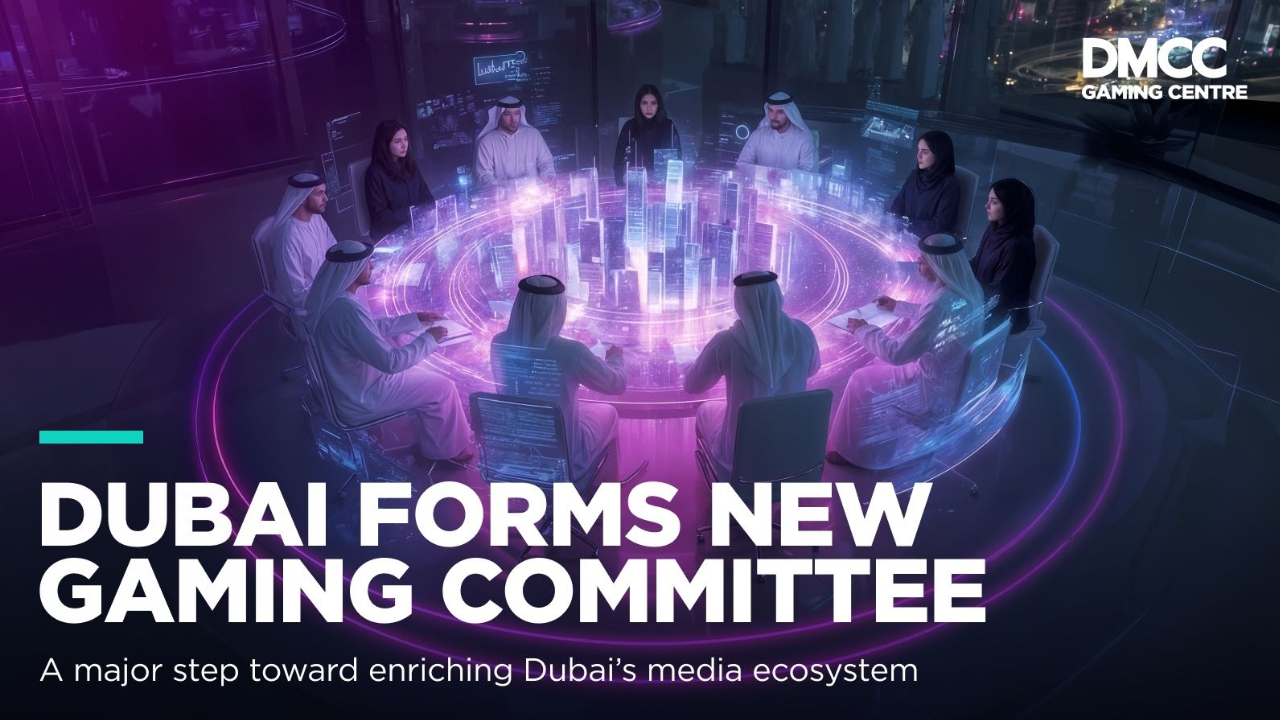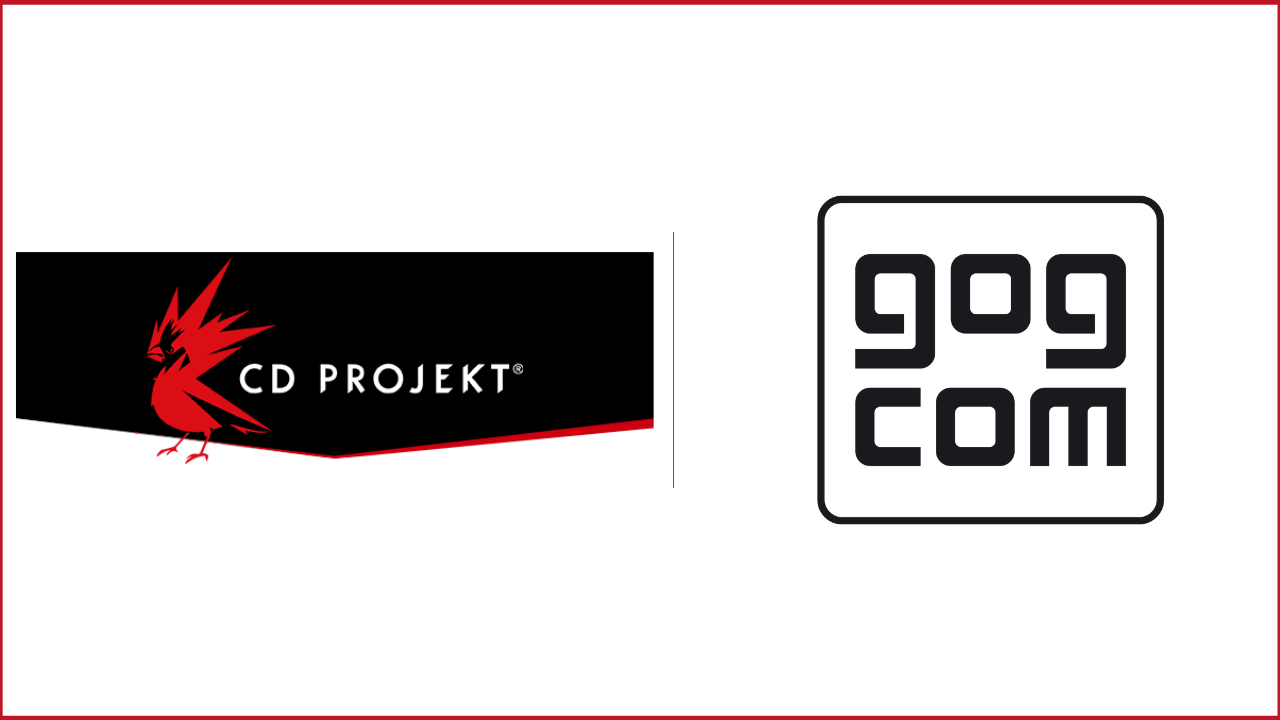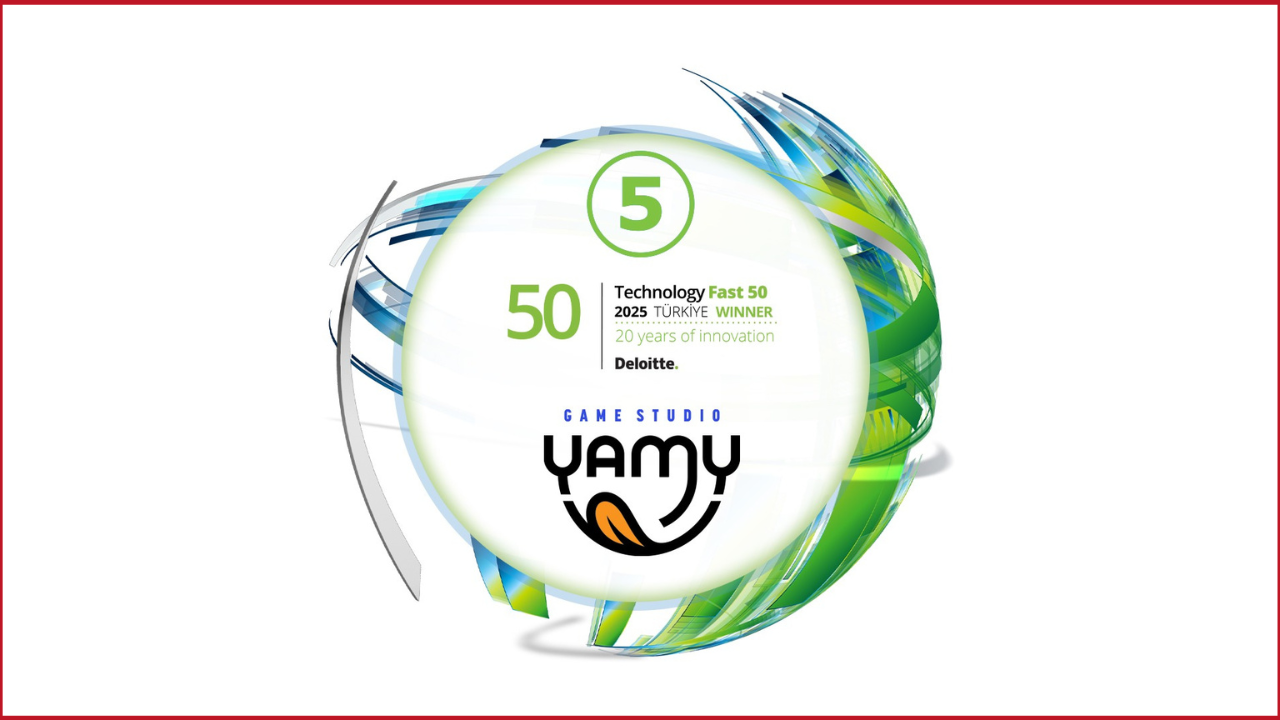FRVR, founded in 2014 and headquartered in Lisbon, is on a mission to democratize gaming through instant web experiences. With over 100 titles, 2 billion players, and 7 billion sessions under its belt, the company has raised €12 million and launched Upit.
This social, no-code platform empowers users globally to create and remix games. Supported by partnerships with TikTok, Snapchat, Discord, and the acquisition of Krunker.io, FRVR combines the speed and creativity of a micro‑studio with the reach of major platforms, aiming to redefine how and where games are made and played.
How do you apply your AAA experience from the likes of Epic Games to the smaller team of FRVR?
When I was at Epic Games and Unity, much of my work focused on using technology to reduce the friction and barriers that exist between developers and fun. Good technology should unleash creativity and be a facilitator rather than a barrier. At FRVR, we have successfully removed the barriers to gamers accessing content with instant web games. We’re also removing the complexity of game creation with our new social gaming platform, Upit.
Thanks to our size, we have a hyper-agile team, and we’re free to be more innovative and daring. But from understanding the changing needs of game developers, to building technological solutions that are robust and reliable? We are doing something very similar to Epic. We just have an even more radical belief about what game creation can and should be.
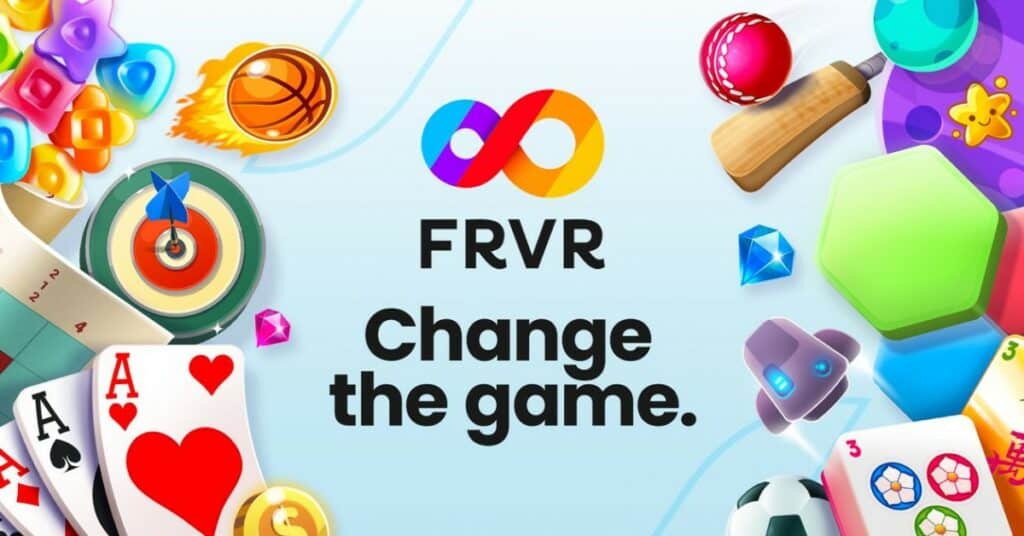
What aspects of AI in game dev is the industry failing to discuss? Should the industry be afraid or excited?
AI is the leading conversation in the game industry today, but it’s very polarized, and the conversation can be emotional at times. I get that there’s a lot of uncertainty and even anxiety. That shouldn’t be ignored. But those kinds of polarized conversations rarely move things forward or solve the real problems.
To make the most of AI in game development, we need to step back and look at the different roles that AI can play across different segments of the industry. One of the most exciting uses will be to bring that creative flow and help unearth these more wild and distinct games. Games that aren’t held back by the complexity of traditional game tech.New things can be scary. That’s natural. But AI is here, and it’s arrived at a point of industry reset as we move beyond the downturn.
At a point when games and their industry need to adapt to avoid overspending, address discoverability, and find new audiences, it would be unwise to just write off the opportunity AI presents. We have to get it right, but the potential gains are monumental. It’s time to be realistic and excited. But it is not the time to be blasé. There will be bumps in the road. But you find out by finding out, and fear won’t get us anywhere. Opening up game creation to people without technical experience marks a wildly exciting paradigm shift for the game industry.
What part of the industry will AI affect most, indie or AAA? Who is set to gain the most from AI in their stack over the next couple of years?
It’s an opportunity for everybody who makes games. For AAA studios, AI can bring lighting speed prototyping and iteration. It can also crack open more creativity in the industrialized AAA space. Mid-sized and indie teams can also enjoy those iteration gains – while punching far above their weight when it comes to polish and scope.
The largest teams might have the most resources and budget, but they can only turn their boats very slowly. So AI game tech is, at least for the next few years, going to offer the most impactful gains to smaller teams, right down to the micro studios. That’s going to be a space with so much experimentation and learning in terms of what AI can bring to game dev practically. But in time, the majors will align too and likely take the lead in stack development and innovation.
Perhaps most interestingly, AI is also an opportunity for those who don’t yet make games. Hobbyists and creators who aren’t coders are being empowered to create new content by the removal of the technological hurdles they currently face. This is ushering in an era not just of user-generated content within existing titles but of user-generated games.
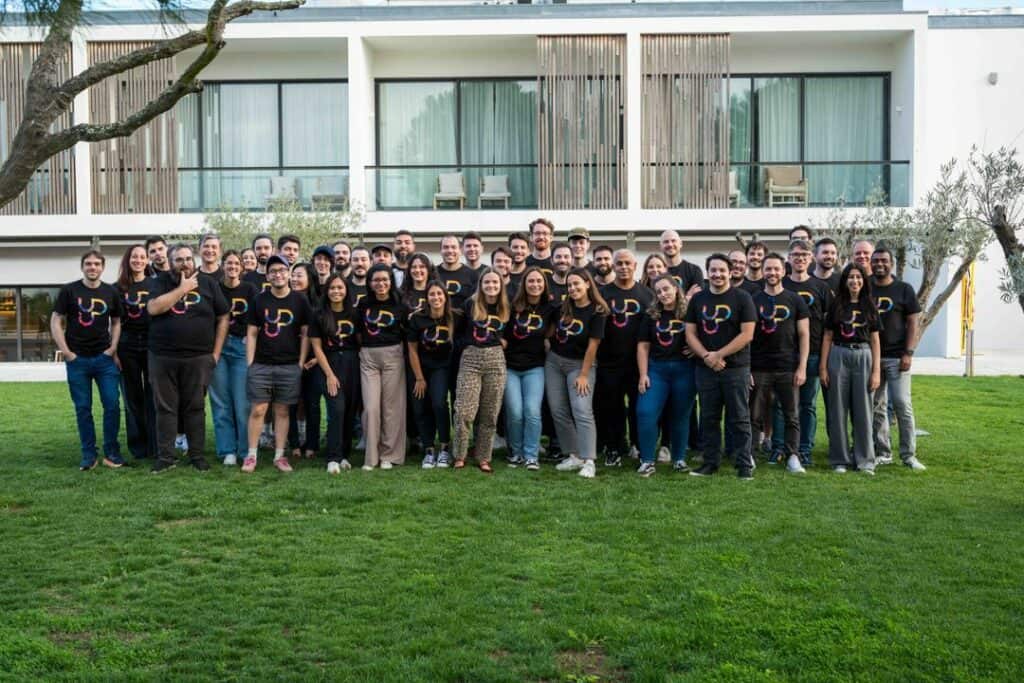
Image Credit: FRVR Website
How will user-generated games change the way players engage with gaming content?
User-generated games will flip the script, letting players not only play or mod a game but also level up their experience by creating entirely new ones.
While no one’s suggesting a RDR2 or GTAVI could be user-generated currently, gamers now have the power to make hyper-personalized games that can be played with their friends – bringing a new social aspect to the game creation cycle and shaking up the industry.
Taking this concept a step further, our Upit platform allows users to ‘remix’ their friends’ games, creating tailored variants with the game mechanics or art styles that they prefer.
What does the advent of user-generated games mean for classically trained developers in the games industry?
Historically, game making has been defined by the work of highly focused specialists, from retargeting animators to pipeline engineers. And those technical roles have held the keys to the castle. You needed that very specific expertise and training to get anywhere in AAA in particular.
Now, though, considering the rise of new tech and increased uncertainty, there’s a lot to be said for being a generalist. If coding is your thing, you can put the most effort into that, but also learn some game design and work to understand art processes. Spend some time with the audio team. Adaptability and the ability to think laterally across the disciplines will be increasingly important – especially as ideas and creativity return to dominate over complex tech.
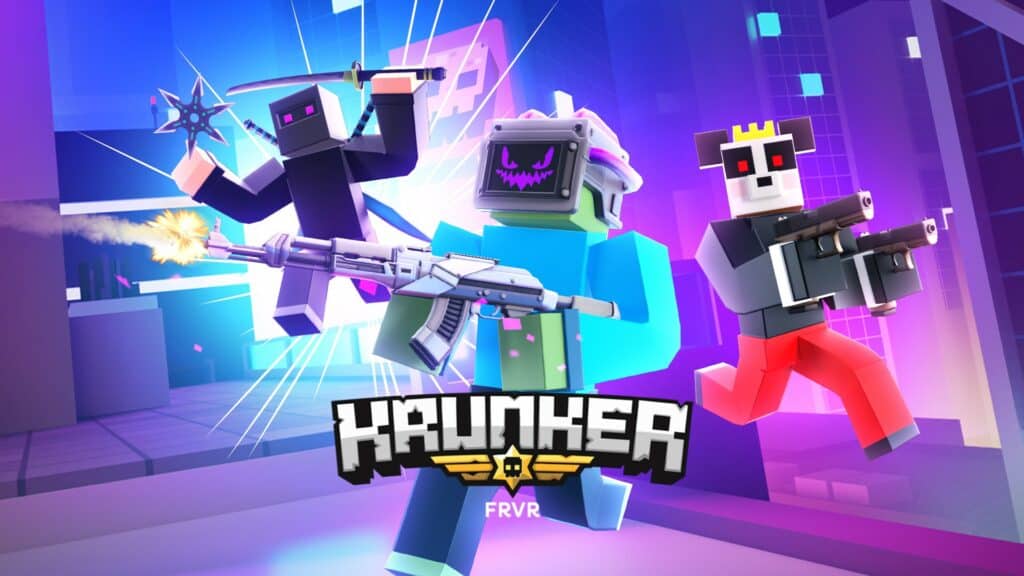
Image Credit: Microsoft Store
Will the AI bubble pop like the dot-com boom?
It’s worth taking a long-term view. The dot-com bubble certainly burst after a boom, but from that, a very stable model and growth industry emerged. With AI, we are going to see a lot of rapid growth from small startups, but they depend on AI models and infrastructure that is owned and controlled by big tech outfits.
Those companies will look to acquire any promising teams in that space – or just copy their ideas and kill those businesses. That’s very different from the dot-com era. I don’t think we will see a sudden burst of the bubble, at least not in the same way. But, it will be interesting to see what investment models, scaleup cycles, and other conventions emerge in this new space.
Where will FRVR be in the next 12 months?
We’ll be the number one company in web games globally. This includes supporting those developers who want to publish to channels like social media, as well as larger outfits that have their own first-party platforms. Additionally, with Upit, we’re very deep in the user-generated gaming space, building new ways for more people to make, share, and monetize games. All of this supports our goal of leading the web game space. Our roadmap takes us way beyond just 12 months, but we’re confident we’ll have made significant progress across all the spaces we are in over the next year.

